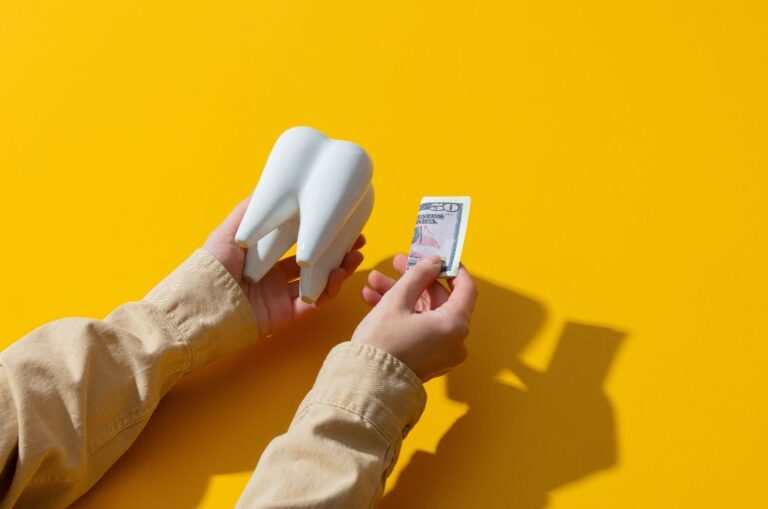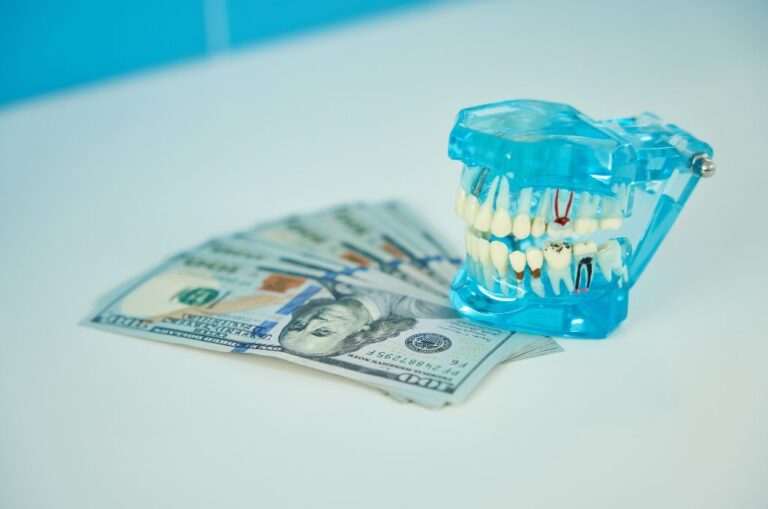For many low-income adults, a healthy smile feels like a distant dream. Dental procedures can be expensive, and without insurance, the cost can be a significant barrier to proper oral care. However, dental grants offer a beacon of hope, bridging the gap between financial limitations and essential dental treatment. This comprehensive guide empowers you to navigate the world of dental grants, equipping you with the knowledge and resources necessary to achieve a healthy and brighter smile.
Understanding Dental Grants
Dental grants are financial awards provided by organizations to assist qualified individuals in covering the costs of dental procedures. These grants act as a subsidy, reducing the overall treatment expense. While applicants may still be responsible for a co-payment, grants can significantly decrease the financial burden of essential dental work. Unlike dental insurance, grants are not used for regular checkups and cleanings, but rather for more extensive procedures such as:-
- Fillings: These address cavities, which are holes in the teeth caused by tooth decay. Filling cavities prevents further damage, pain, and potential infection.
- Extractions: When a tooth is severely damaged or infected beyond repair, a dentist may need to extract it to prevent complications and promote oral health.
- Dentures: For individuals missing multiple teeth, dentures are removable replacements that restore chewing function and improve aesthetics.
- Implants (sometimes): While less common, some dental grants may cover dental implants. Implants are artificial tooth roots surgically placed in the jawbone to support crowns or bridges. These offer a permanent and stable solution for missing teeth.


The Benefits Of Dental Grants
Dental grants offer more than just financial assistance. Achieving good oral health through grant-funded procedures carries a multitude of benefits:-
1. Improved Overall Health: Neglecting oral health can lead to various health problems, including heart disease, diabetes, and respiratory infections. Proper dental care, facilitated by grants, reduces these risks.
2. Enhanced Self-Confidence: A healthy smile plays a significant role in self-esteem and confidence. By addressing dental issues, individuals can feel more comfortable in social settings and improve their quality of life.
3. Increased Productivity: Dental pain and discomfort can significantly impact work performance. Alleviating dental problems through grants can enhance productivity and well-being in the workplace.
Who Is Eligible?
Eligibility for dental grants varies depending on the program. Some grants target specific populations, such as:-
- Seniors
- Veterans
- People with disabilities
Many grants prioritize low-income adults who meet certain income thresholds.
Next Steps: Exploring Your Options
Now that you understand the power of dental grants, the next step is to explore the different options available. Stay tuned for the next part of this guide, where we’ll delve into specific grant programs, eligibility criteria, and application processes!
@pennycallingpenny Government grants for dental implants #grants2024 #dentalgrants #dentalimplants #freedental ♬ original sound - Penny Calling Penny
Finding Dental Grants
The good news is there are several resources to help you find dental grants. Here are a few options:-
Government Grants
Here you can find the list of free government dental grants for low income adults:-
Medicaid
A joint federal and state program offering free or low-cost health coverage, including dental care, to eligible low-income individuals.
Eligibility: Varies by state. Contact your state Medicaid agency to see if you qualify and what dental services are covered in your area.
CHIP (Children’s Health Insurance Program)
Primarily covers dental services for children in low-income families. However, some states extend coverage to pregnant women.
Eligibility: Check your state’s CHIP program website for details on eligibility, covered services, and applications.
HRSA Health Centers
HRSA-funded health centers offer affordable dental services on a sliding fee scale based on your income.
Eligibility: Income is a major factor, but they often serve all income levels. Find an HRSA health center near you (search tool available here: https://findahealthcenter.hrsa.gov/) and contact them directly for details on their dental services and application process.
Non-Profit Grants
Dental Lifeline Network
This program prioritizes veterans, people with disabilities, the elderly, and medically compromised individuals. They connect you with volunteer dentists who provide comprehensive dental care.
Eligibility: Veterans, people with disabilities, seniors, and medically compromised individuals are encouraged to apply. Proof of status may be required.
Application: Visit their website for more information and application details. You can also call their toll-free helpline at 1-888-DENTAL (1-888-336-825) to inquire about eligibility and application procedures.
America’s ToothFairy
While they don’t offer direct grants to individuals, they focus on preventive care and education in underserved communities. They provide valuable resources to help you find affordable dental care.
Resources: Explore their website for a wealth of information on locating low-cost dental services and maintaining good oral health.
Private Grants
Delta Dental Foundation
They don’t offer individual grants, but support programs that increase access to dental care in underserved communities. Expanding access to dental care through community initiatives.
Resources: Their website offers resources to help you find a dentist who accepts Medicaid or offers sliding fee scales.
ADA Foundation
Similar to the Delta Dental Foundation, they don’t provide individual grants but support programs that improve access to dental care. Improving access to dental care for underserved populations.
Additional Resources
- National Dental Association: Provides information on oral health and may have resources for finding dental care: https://ndaonline.org/
- Dental Care For Low-Income Adults: US Department of Health and Human Services: https://www.hrsa.gov/grants/find-funding/HRSA-22-050
Tips For Grant Success
While finding the right grant program is crucial, successfully securing a grant requires some additional strategies:-
- Be Prepared: Gather all necessary documentation beforehand, such as proof of income, residency, and medical condition (if applicable).
- Meet Deadlines: Many grants have application deadlines, so don’t procrastinate. Submit your application well before the deadline.
- Follow Instructions: Read and understand the application instructions carefully. Provide all the required information accurately and completely.
- Present A Compelling Case: In your application essay (if required), clearly explain your financial need and demonstrate how this grant would alleviate the financial burden.
Conclusion
There you have it! With dental grants and other options, getting the smile you’ve always wanted doesn’t have to be a mystery. So don’t be shy – reach out and start exploring your options today.
Penny Calling Penny wants you to remember: a healthy, happy smile is absolutely within your reach. With a little research and a whole lot of “can-do” spirit, you’ll find the resources you need to unleash the dazzling grin you deserve. So, go forth, conquer those dental obstacles, and remember – We are always here to cheer you on!
Find this helpful? Share it on Pinterest, LinkedIn and Facebook for your dear ones. Also, Sign up for our newsletter! You’ll get articles like this (and so much more!) delivered straight to your inbox.
Did you take our Reader Survey? If not, it only takes 1 minute and you can take our survey here.
FAQs
What procedures do dental grants typically cover?
Dental grants often cover procedures that improve functionality and aesthetics, such as implants, crowns, bridges, veneers, and teeth whitening. However, coverage varies depending on the specific grant program.
Am I eligible for a dental grant?
Eligibility criteria differ between programs. Generally, grants target low-income adults with a demonstrable need for dental care. Proof of income and documentation of your dental condition are often required.
How do I find dental grants?
Several resources can help you locate dental grants. Here are a few suggestions:-
- National Dental Associations: Many national dental associations offer grant programs or maintain directories of grant opportunities.
- State and Local Dental Societies: These organizations may offer grants or have information on local programs.
- Dental Schools: Dental schools frequently participate in community outreach programs that may include grant-funded dental care.
- Community Health Centers: These centers often provide affordable dental services and may have knowledge of grant programs in your area.
What should I do after finding a dental grant program?
Once you identify a promising program, carefully review the eligibility requirements and application process. Contact the program directly for specific instructions and deadlines.
What if I don't qualify for a dental grant?
Even if a grant isn’t an option, there are still ways to access affordable dental care. Explore low-cost clinics, dental schools offering discounted services, or consider establishing a payment plan with a dentist. Don’t hesitate to inquire about any financial assistance programs offered by your dentist’s office.








